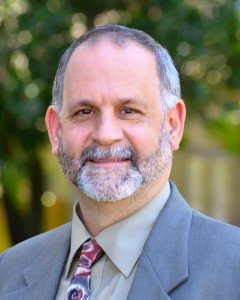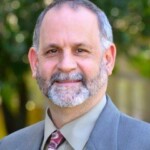In 2010 I invited Hans-Josef Fell, at the time a German Parliamentarian, to visit Sonoma County to talk about the policies he successfully advocated for, which helped lead Germany in the transition to renewable energy. I caught up with him again in 2012 at the annual InterSolar conference in San Francisco shortly after he had published his book “Global Cooling: Strategies for Climate Protection.” Consistent with The Climate Centers, Hans-Josef’s book casts climate protection targets in line with what is scientifically necessary and economically feasible.
Fell, along with the late Hermann Scheer is famous in renewable energy policy circles for being responsible for the enactment of the Renewable Energy Sources Act of 2000, the German feed-in tariff that resulted in Germany becoming number one in the world in solar photovoltaic deployment for many years.
Herr Fell retired from Parliament in 2013 and today spends his time as president of the Energy Watch Group (EWG). EWG is a Berlin, Germany-based independent, non-profit, non-partisan global network of scientists and parliamentarians founded by Hans-Josef in 2006. The EWG conducts research and publishes independent analyses of global energy developments.
Recently Hans-Josef was interviewed by The Beam, a publication focusing on the global energy transition. In it, he states that “the most important drivers of renewables are the hundreds of thousands of highly innovative small and medium-sized enterprises. They include small manufacturers as well as energy communities, which are financing projects and innovations with the citizens’ private capital.”
In my conversations with him, Herr Fell has affirmed that Community Choice Aggregation in the U.S. is an example of the kind of community-based energy decision-making that can help lead innovation. It is encouraging to know that local and regional efforts are in his view, a promising strategy for leading the innovations needed to succeed in the energy transformation that is underway.
What is the biggest obstacle to a rapid transition to cleaner renewables? Not surprisingly, Herr Fell points to the fossil and nuclear energy industries and their continued lobbying. “Many companies fear the deployment of renewables as new competition and are trying to prevent the global energy transition,” he states. He also notes that cracks are beginning to appear in that long-standing obstacle.
Read the entire Beam interview here.


